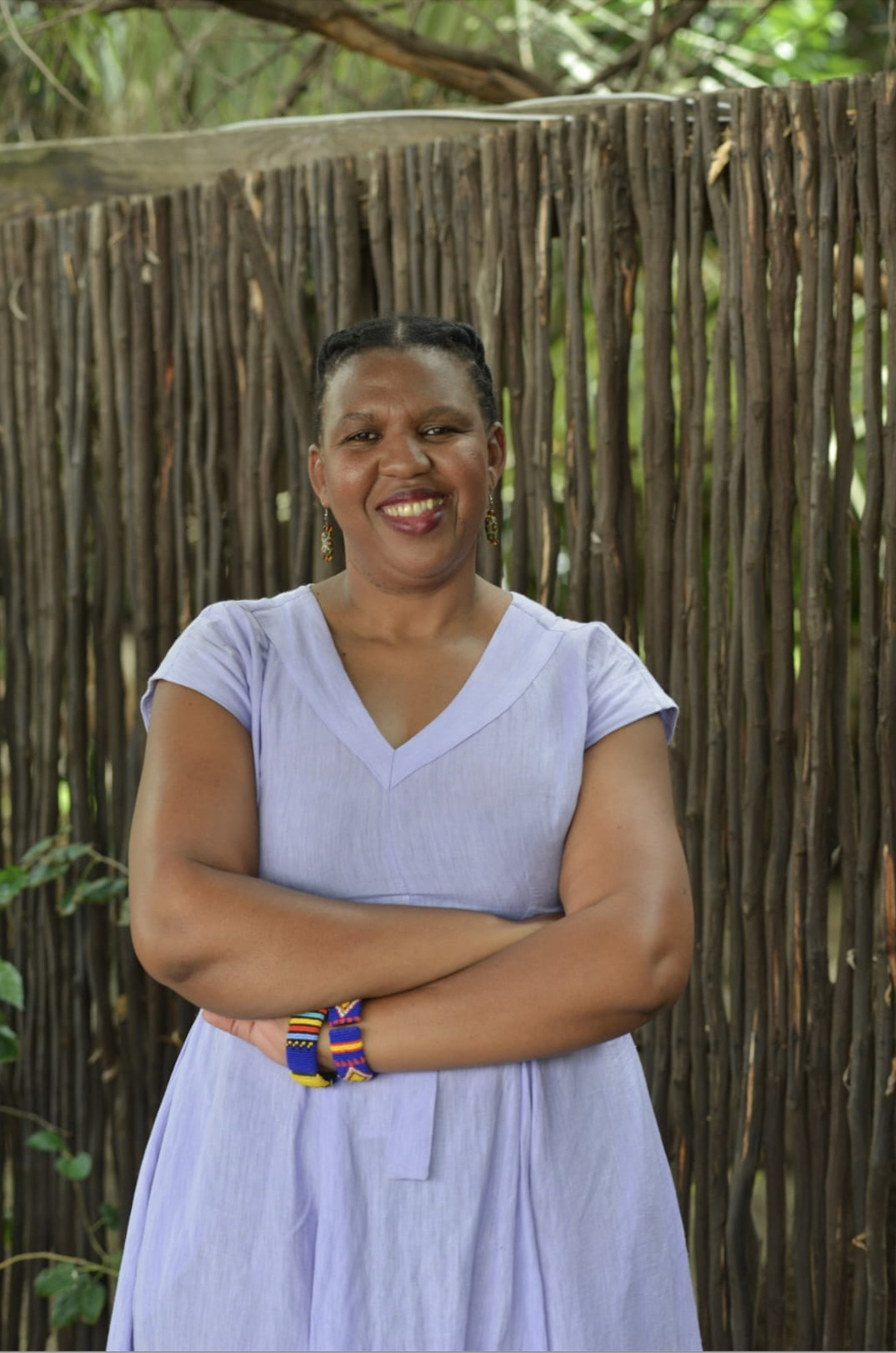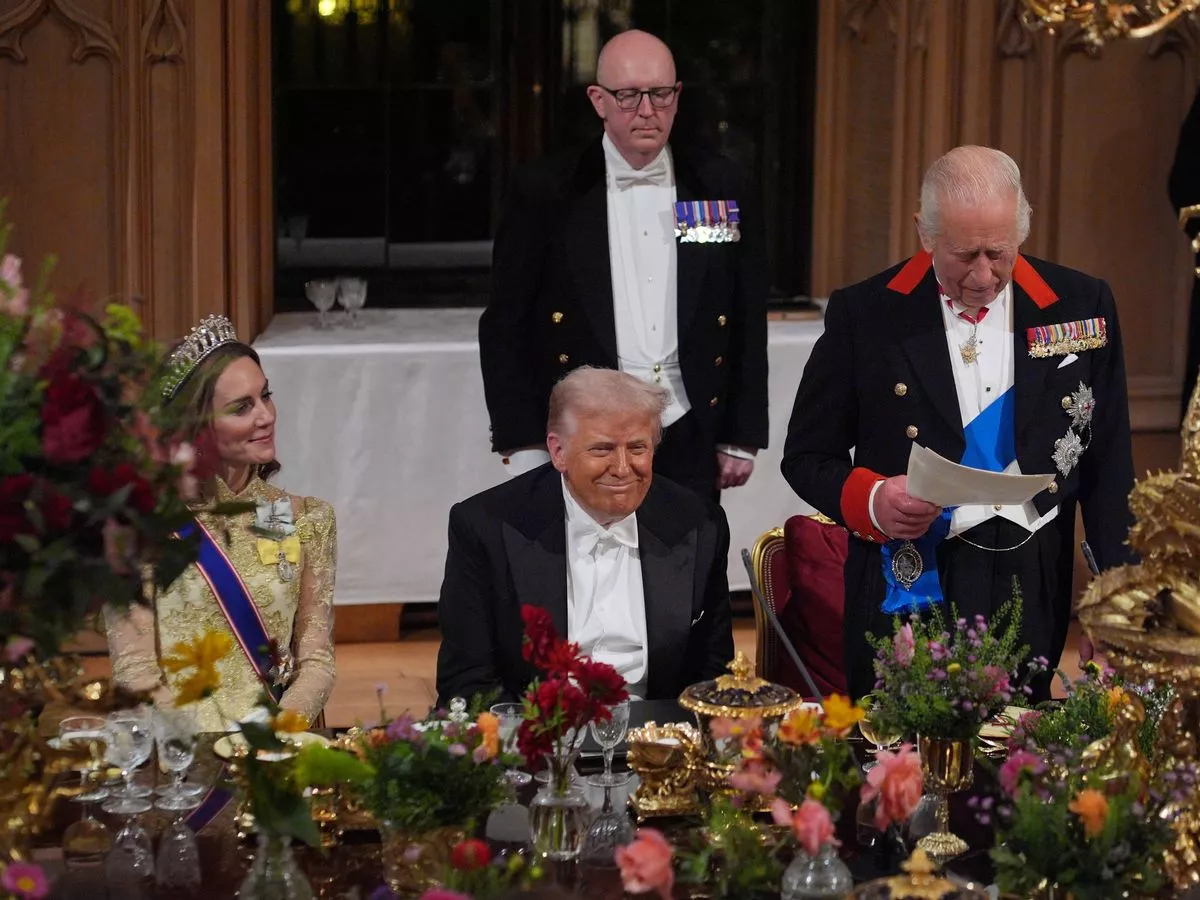By Eyaaz,South African
Copyright mg

To preserve and promote home languages is necessary for maintaining cultural heritage and identity. Apart from the school setting, books, music and films serve as ways to preserve and promote home languages for young and old.
Community engagement initiatives such, as reading campaigns and literary festivals, also play a vital role in promoting home languages especially among children.
“For us, it’s all about children reading in their home languages and it is really a no-brainer. I don’t know why our country is not getting to it because we know that it works,” says children’s book author and executive director of Nal’ibali, Lorato Trok.
Trok, who took up the reins in May last year, explained that Nal’ibali is South Africa’s largest reading-for-enjoyment campaign to spark children’s potential through storytelling and reading, with a national footprint in homes, schools, early childhood development (ECD) centres, and deep rural areas. She adds that Nal’ibali provides resources like books, reading club starter packs to encourage children to read in their home languages, recognising the importance of this foundation.
“So, when we get into schools and homes, we tell children stories, oral stories and also read for them in their home languages because and give them books and our supplement as they also need to see print,” she says.
She adds that Nal’ibali provides resources like books and storytelling to encourage children to read in their home languages, in recognising the importance of this foundation.
“So, when we get into schools and homes, we tell children stories, oral stories, and also read for them in their home languages, because they also need to see print,” Trok syas.
It is these efforts to go where no one often goes — deep rural places and townships —that make Trok’s work noble. She says that children, as well as adults, do have an appetite for literature written in their home languages. Lack of access to books in promoting a reading culture is, however, the major challenge.
In urban settings, Trok argues, there is obviously more access to books and reading spaces.
“With rural areas, there’s no access, but that doesn’t mean that people don’t want to read. When I was growing up in Kuruman in the 1980s and 1990s, we didn’t have a library in my township. But that didn’t mean I didn’t want to read. I loved reading, but there was no access.
“So, we can’t say it’s a culture because it’s very problematic when we say that there’s no reading culture,” says the Northern Cape-born author.
Like in any industry, audiences can be developed through proactive initiatives, instead of relying on archaic market research.
In the South African literary space, publishers hold significant power in influencing a reading culture.
Layered with the assumption that some sectors of people have more desire to read than others, the scale becomes skewed.
When such assumptions remain unchallenged, only a minority might have access to books at all, let alone those which are written in indigenous languages.
“When some publishers in South Africa say people don’t want to read in their home languages it’s actually not true — it’s because there is a lack of access.
“If you give people what they want to read, they will want it and that’s what we are seeing with Nal’ibali.
“When we read to children in South African languages, they love them. They start to gravitate more towards those stories because they can relate.”
Unlike their urban counterparts, many of whom have access to home libraries and parents promoting a reading culture at an early age, Trok says most rural and township children don’t have that luxury, especially books in their home languages.
She argues that, even if books are available, they are mostly alien to an African child.
“Our children don’t see themselves in the books that are being produced from foreign countries.
“They don’t see their cultures and the names of the people that they can identify with.”
Through her work at Nal’ibali, Trok says, they are trying to close that gap by promoting reading for enjoyment, rather than strict curriculum adherence, aiming to make stories fun for children and engaging their parents through oral storytelling traditions.
She adds that more than 1 000 book clubs were established this year with the help of Nal’ibali.
Young adult biographies
Born to a Namibian father and a Motswana mother, Trok’s love for reading started from hearing her mother’s Setswana stories as a child.
Fluent in Afrikaans and Setswana, the award-winning translator shares with me on how translating books into different South African languages is also part of preserving and promoting languages.
Her first young-adult biography, Rosina’s Dream, was translated into Afrikaans, Setswana, isiZulu and isiXhosa. Through the different home languages, the book gives young readers access to the story of athlete Rosina Sedibane Modiba. She was the first black South African woman athlete to compete in multiracial championships, dominating race tracks across the country in the Seventies, in the dark days of apartheid.
In Golden Girl, another young-adult biography written by Trok, she not only celebrates Khoi and San heritage, but gives flowers to Ouma Katrina Esau. Born in 1933, she is the last mother-tongue speaker of the endangered N|uu language.
“I met Ouma Katrina in 2016, when I was working for The African Story Book, and I was just fascinated by her story. Seriously, though, how did our country end up having just one person left who speaks her home language?” Trok asks in wonderment.
What also fascinated Trok about Ouma Katrina’s story was her determination to start a school to preserve their language, despite being in her seventies and not being able to read or write formally.
Ouma Katrina is now in her nineties, and through interviews and sharing meals, in writing the book, Trok aimed to capture her story and the history of their people, especially given the historical pressure to hide their identity and language during apartheid.
Trok felt it was crucial for this history to be accessible to children.
“It was important that it be a children’s book because the books in South Africa on such history are also very academic.
“Our children need to understand this history at an early age. They cannot only get to that part of their heritage when they are in tertiary [education],” she says.
Closing the gap
In the main, picture books target younger children through having numerous visuals but little text.
Chapter books, structured into short, digestible sections, however, have more words and narrative with fewer illustrations, and go down well with the nine-to-12-year-olds.
Trok highlighted the significant gap in the South African market for nine-12-year-old readers, particularly for books written by South African authors in their home languages.
She argued that, while there are many books for younger children and teenagers, this specific age group is underserved, with most of the available books being imported, citing the likes of the Wimpy Kid and Harry Potter series. Through Rosina’s Dream and Golden Girl, she aims to help close this gap.
“In our country, we’ve got a lot of books for the 0-to-six age market. The pre-primary and the primary market have lots of picture books, and many authors targeting that market, however, nothing much for nine-to-12-year-olds.”
She argues that publishers tend to skip this market and move on to teenage readers.
“We don’t have a lot of those in our country, that are written by South Africans, that originate from South Africa. I am so happy now that a lot of publishers are focusing on writing chapter books for this nine-to-12-year-olds market.”
Preservation of a language alone might not be enough — evolution is also needed.
Trok concluded by encouraging adaptability in developing home languages to express modern times.
“You are not going to expect me to know what was said in the Forties when my mother was born. Language is always evolving and we need to keep up with the times.”
She cautions indigenous-language purists: “It’s especially prevalent in African languages where some people want to be gatekeepers of how language should be spoken and written. Some people are purists which could be a challenge sometimes to our work.”
She cites how English evolves all the time without contest.
“Why can’t we do the same with our home languages?”
A literary activist of note for home languages for both young and old, as we part ways, Trok encourages parents to support their children’s reading journey.
“I don’t blame parents for wanting their children to learn English in order for them to get a job in the future. But we need to change the narrative as South Africans and as people who speak African languages.
“Research shows the children who are able to read and write in their home languages transition to English and other languages much easier once you have the foundation.”
With her passion for African storytelling Trok has gone on to craft 20 years of experience in publishing, writing, editing, translating and writing stories for children. Her goal is to empower children to carry on the work of preserving their languages and cultures, ensuring this knowledge continues to be researched and celebrated.



